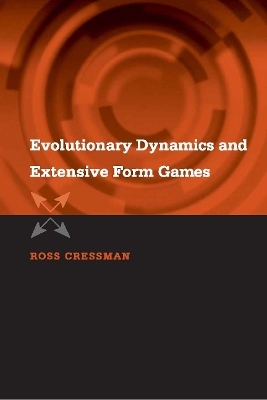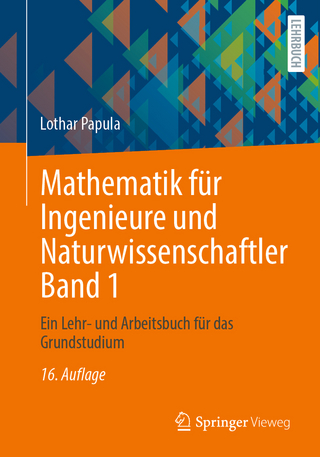
Evolutionary Dynamics and Extensive Form Games
Seiten
2003
MIT Press (Verlag)
978-0-262-03305-3 (ISBN)
MIT Press (Verlag)
978-0-262-03305-3 (ISBN)
- Titel ist leider vergriffen;
keine Neuauflage - Artikel merken
An analysis of standard evolutionary dynamics adapted to extensive form games.
Evolutionary game theory attempts to predict individual behavior (whether of humans or other species) when interactions between individuals are modeled as a noncooperative game. Most dynamic analyses of evolutionary games are based on their normal forms, despite the fact that many interesting games are specified more naturally through their extensive forms. Because every extensive form game has a normal form representation, some theorists hold that the best way to analyze an extensive form game is simply to ignore the extensive form structure and study the game in its normal form representation. This book rejects that suggestion, arguing that a game's normal form representation often omits essential information from the perspective of dynamic evolutionary game theory.
The book offers a synthesis of current knowledge about extensive form games from an evolutionary perspective, emphasizing connections between the extensive form representation and dynamic models that traditionally have been applied to biological and economic phenomena. It develops a general theory to analyze dynamically arbitrary extensive form games and applies this theory to a range of examples. It lays the foundation for the analysis of specific extensive form models of behavior and for the further theoretical study of extensive form evolutionary games.
Evolutionary game theory attempts to predict individual behavior (whether of humans or other species) when interactions between individuals are modeled as a noncooperative game. Most dynamic analyses of evolutionary games are based on their normal forms, despite the fact that many interesting games are specified more naturally through their extensive forms. Because every extensive form game has a normal form representation, some theorists hold that the best way to analyze an extensive form game is simply to ignore the extensive form structure and study the game in its normal form representation. This book rejects that suggestion, arguing that a game's normal form representation often omits essential information from the perspective of dynamic evolutionary game theory.
The book offers a synthesis of current knowledge about extensive form games from an evolutionary perspective, emphasizing connections between the extensive form representation and dynamic models that traditionally have been applied to biological and economic phenomena. It develops a general theory to analyze dynamically arbitrary extensive form games and applies this theory to a range of examples. It lays the foundation for the analysis of specific extensive form models of behavior and for the further theoretical study of extensive form evolutionary games.
Ross Cressman is Professor of Mathematics at Wilfrid Laurier University, Canada.
| Reihe/Serie | Evolutionary Dynamics and Extensive Form Games |
|---|---|
| Zusatzinfo | 62 illus. |
| Verlagsort | Cambridge, Mass. |
| Sprache | englisch |
| Maße | 152 x 229 mm |
| Gewicht | 599 g |
| Themenwelt | Mathematik / Informatik ► Mathematik ► Angewandte Mathematik |
| Mathematik / Informatik ► Mathematik ► Finanz- / Wirtschaftsmathematik | |
| Wirtschaft ► Allgemeines / Lexika | |
| Wirtschaft ► Volkswirtschaftslehre | |
| ISBN-10 | 0-262-03305-4 / 0262033054 |
| ISBN-13 | 978-0-262-03305-3 / 9780262033053 |
| Zustand | Neuware |
| Haben Sie eine Frage zum Produkt? |
Mehr entdecken
aus dem Bereich
aus dem Bereich
Buch | Softcover (2024)
Springer Vieweg (Verlag)
CHF 53,15
Buch | Softcover (2024)
Springer Vieweg (Verlag)
CHF 62,95
Anwendungen und Theorie von Funktionen, Distributionen und Tensoren
Buch | Softcover (2023)
De Gruyter Oldenbourg (Verlag)
CHF 97,90


